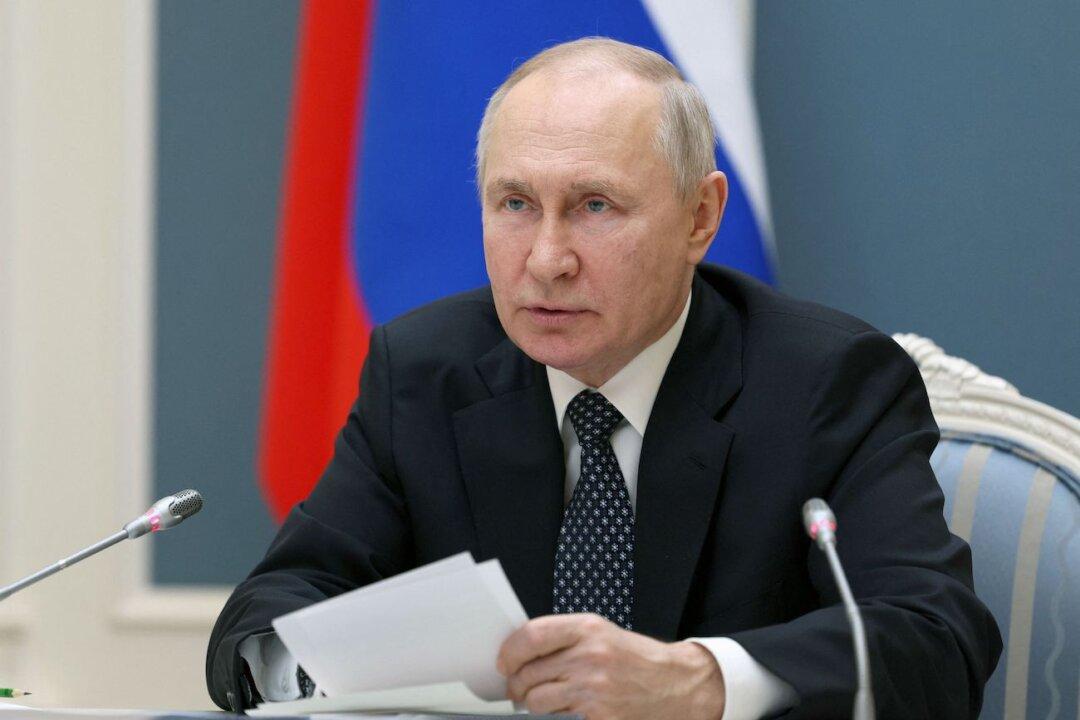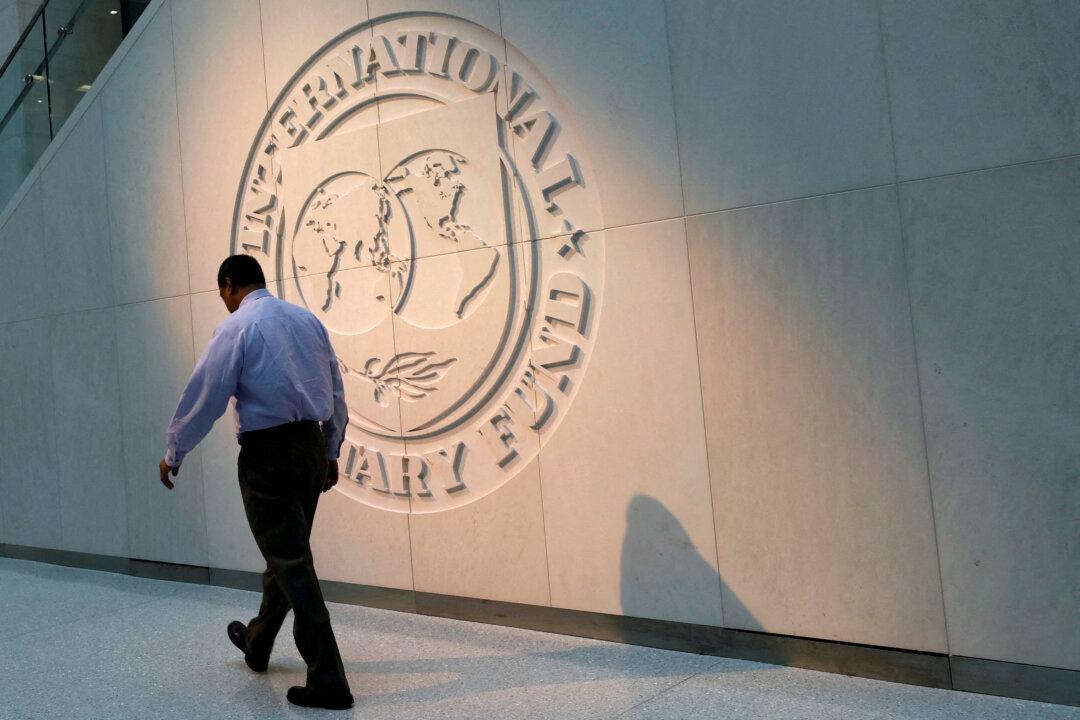The International Monetary Fund (IMF) upwardly revised its GDP estimates for Russia in 2023, despite ongoing sanctions against the country by the United States. A report released Tuesday predicts Russian GDP will increase by 0.7 percent, a slightly more positive outlook than that of the organization’s January report and a significant improvement since the October report predicted a decline of 2.3 percent.
IMF officials pointed to two factors: energy costs and fiscal stimulus.




